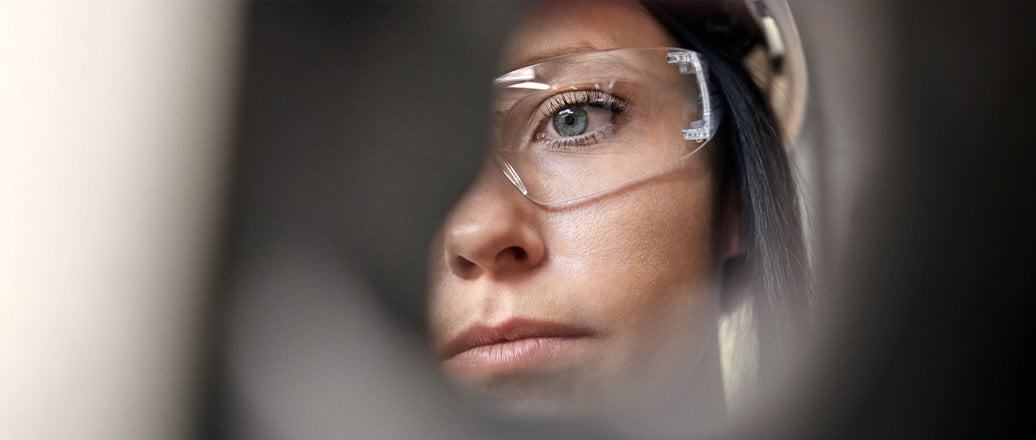Aluminum plays an important role in many aspects of our lives. From the buildings we live in and the technology that connects us, to the cars, ships and trains that take us on journeys near and far. Its light weight, durability, and infinite recyclability have positioned it as not just vital to urbanization, but to the green transition.
But to fully step into the role as a sustainable material for the future, aluminum production needs to change. Aluminum alone accounts for two percent of global CO2e emissions, and production involves mining in impoverished areas and important ecosystems. Taking those impacts to zero requires a multi-layered approach to decarbonizing, while simultaneously minding the social and environmental impacts of our operations. In other words, it requires changing the game.
We've done it before. Since Hydro’s founding in 1905, we've set out to solve the most pressing challenges of the time. From fertilizer to feed a starving population, to oil and gas to propel an evolving society, we are now changing the aluminum game to provide greener materials to products crucial for sustaining the world's rapid development.
We are already leading the transition with low-carbon and recycled aluminium products that carry footprints about one-fourth that of the industry average.
Since 1990, we have cut emissions from our Norwegian smelters by more than 50 percent, while increasing production by 40 percent. By 2030, we will cut our total carbon emissions by 30 percent compared to a 2018 baseline, and deliver industrial scale pilot volumes based on emission free smelting technology.
As we take the next step towards pioneering the green aluminium transition, we are rethinking every step of our value chain, ensuring transparency and minimizing harmful practices from the mine to the end-product. We believe we cannot succeed in the green transition without contributing to the global nature positive ambition and a just transition.
To improve our triple bottom line, we're:
- Ensuring a just transition by providing jobs, supporting local communities with education and social programs, and ensuring our suppliers uphold human rights
- Minimizing our environmental impact by investing in research, rehabilitating mined areas, and using innovative operating practices to manage waste and protect biodiversity
- Decarbonizing by switching to renewable energy sources wherever possible, increasing scrap collecting and recycling, and implementing cutting-edge smelting technology that removes carbon emissions from aluminum production
This is how we are changing the aluminum game.
We are not just transforming our industry, but also enabling electric vehicles, renewable energy sources, and emerging technology powering the green transition.
Updated: May 28, 2024


